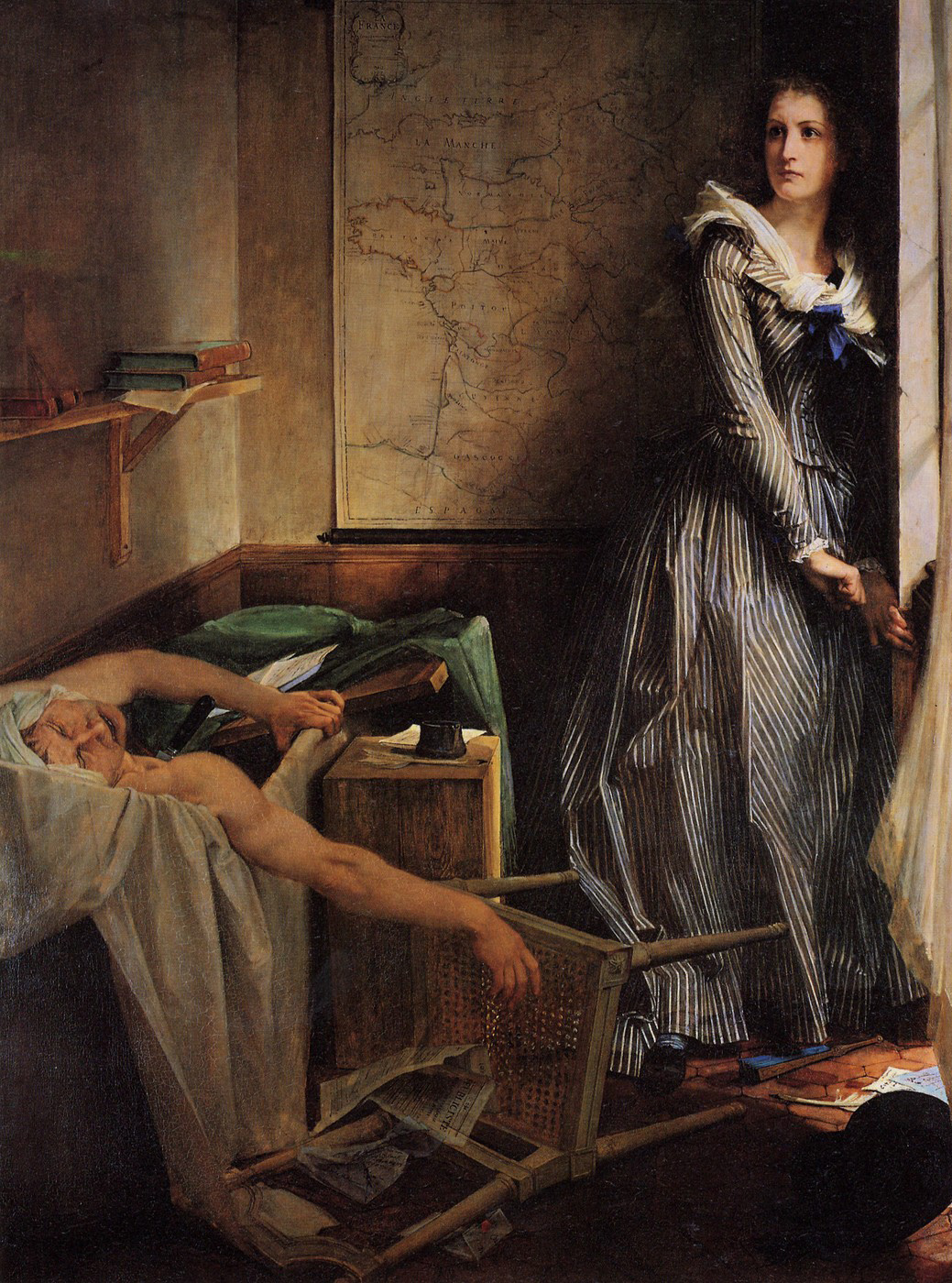While Lonnie Johnson disliked the "blues" label, "She's Making Whoopee in Hell Tonight" is a fine example of that genre. Recorded in 1930, the complex guitar playing and it's dark, chilling lyrics, make for a truly wicked little song. The next time someone claims that nobody ever sung about "bad things" before 1965, point them to this little ditty.
You been gone all day, set to make whoopee tonight
I'm gonna take my razor and cut your late hours,
I will be serving you right
The undertaker's been here and gone, I gave him your height and size
Undertaker's been here and gone, I gave him your height and size
You'll be making whoopee with the devil in hell tomorrow night
Of course to claim that this song, is no different than modern murder songs, would be wrong as well. Lonnie Johnson seems to take no real joy in the act. He's become her slave, and the only way to free himself from her cruelty is to kill her. He'll be happy to see her dead, but killing her with his razor seems to be a means to an end. Still the act of using a razor makes me think, he really wants her to suffer, like the way she's made him suffer. Nasty, brutal stuff.
Told you, next time you go out, please carry your black dress along
'Cause a coffin will be your present and hell will be your brand new home
Another way that "Whoopee" differs from songs like "I Used to Love Her", is that in some, albeit, twisted way fear of female power plays into it. She's not simply disposable trash that's killed because her lover has tired of her, she's killed because she holds power over him.
You made me love you, just got me for your slave
He can't simply leave her. The only way he can free himself is to kill her. While the view of a woman as a dangerous enslaver of men, is not exactly feminist, the image brings a complexity to the song, that so many new songs lack.





